Since it was announced as the host city almost 12 years ago, the 2022 World Cup in Qatar has been setting new records and pushing boundaries. From the debut of the Qatari men’s national team to the unconventional timing of the tournament, here are some of the groundbreaking aspects of this year’s competition.
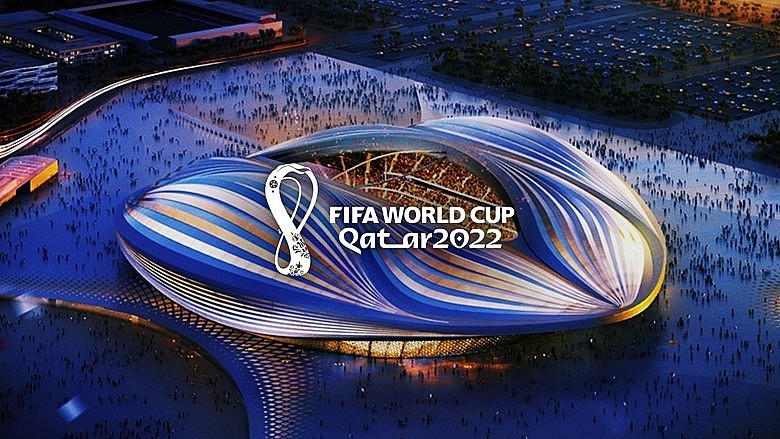 |
| Image source: Getty Image |
Qatar debuts in the World Cup
For the first time, the Qatari men’s national team will participate in a World Cup finals, thanks to the host nation privilege granted by FIFA. This allows Qatar to compete without going through the regular qualifying process. Despite being a relatively new team in the sport, Qatar has made tremendous progress and even won the Asia Cup in 2019. With the majority of the squad coming from The Aspire Academy, Qatar aims to surprise the world in a relatively favorable group alongside Ecuador, Senegal, and The Netherlands.
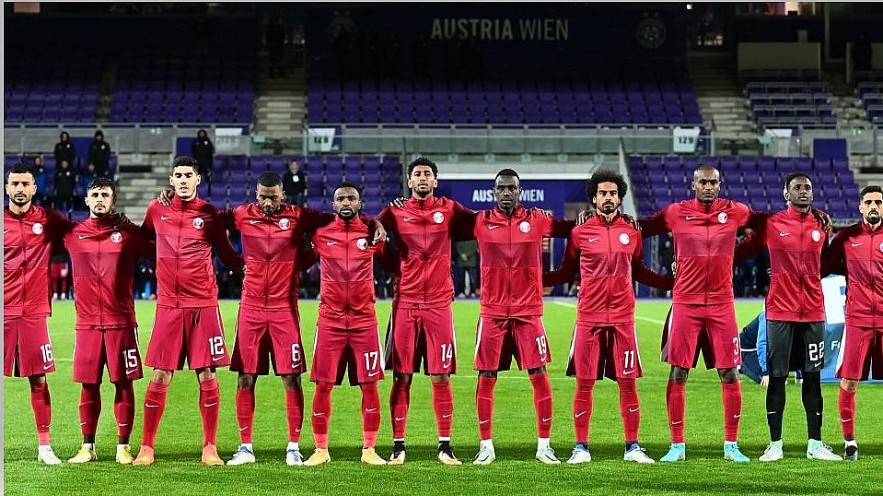 |
| Image source: CNN |
A ‘Winter’ Cup
Unlike previous World Cups held in May, June, or July, Qatar 2022 will break tradition by being held in November and December. This change in timing is due to the extreme heat in Qatar during the usual tournament months. While winter in Qatar is still relatively warm, measures such as high-tech cooling systems in stadiums will help combat the heat and create a more comfortable environment for players and spectators.
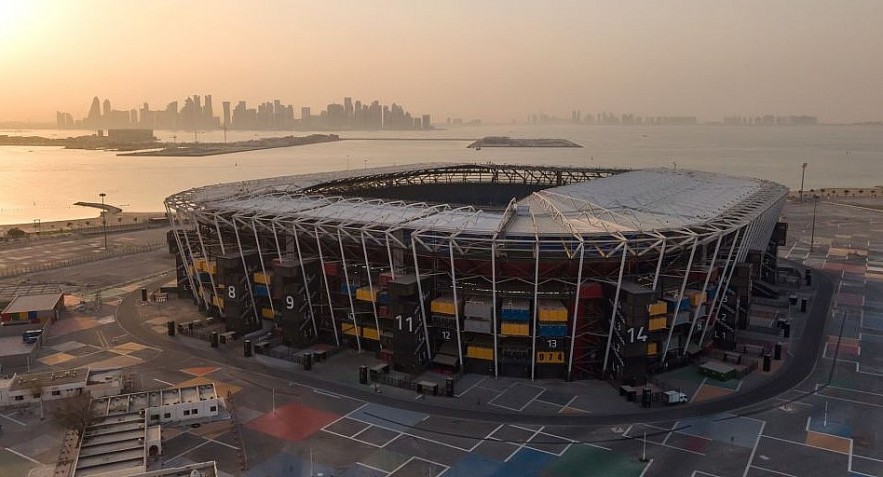 |
| Image source: CNN |
Celebrating an Islamic country
The decision to host the World Cup in Qatar was also motivated by FIFA’s desire to bring the tournament to a new part of the world. Qatar’s Islamic culture adds a unique flavor to the event, as it becomes the first World Cup to be held in an Islamic country. However, it also presents challenges, such as restrictions on alcohol consumption in public, which organizers have worked to address creatively.
 |
Hosting in the smallest country
With a population of just under three million, Qatar is the smallest country to ever host the World Cup. This presents logistical challenges in accommodating an expected one million visitors. However, the compact size of the country allows for all eight stadiums to be located within an hour’s drive of each other in and around the capital city, Doha. Organizers have also invested in travel infrastructure, including buses, the metro, and car rentals, to ensure smooth transportation for fans.
Additionally, innovative solutions like mooring two cruise ships in Doha, MSC Poesia and MSC World Europa, provide extra accommodation options for visitors.
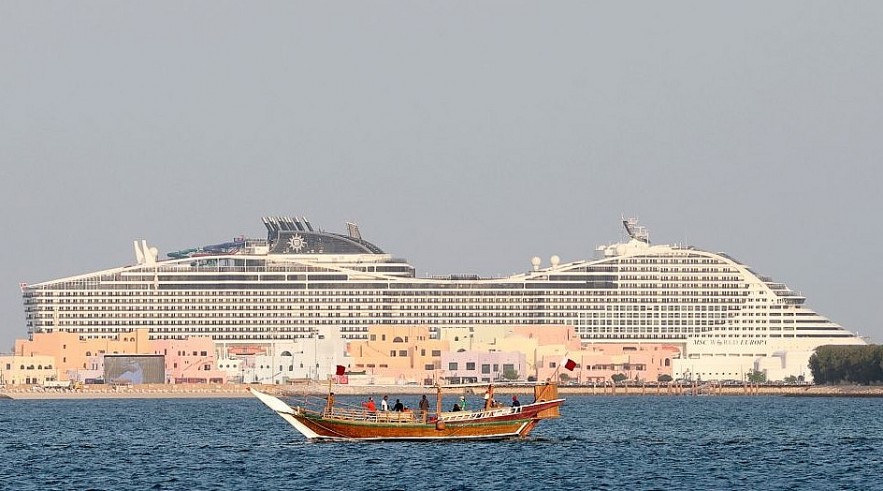 |
| Image source: CNN |
A ‘Carbon Neutral’ Tournament
FIFA and Qatar have committed to making the 2022 World Cup the first carbon-neutral tournament. With the aim of reducing carbon emissions, the organizers are investing in green projects and purchasing carbon credits. Qatar, known for its high per capita carbon dioxide emissions, is determined to offset its footprint by investing in projects that capture greenhouse gases.
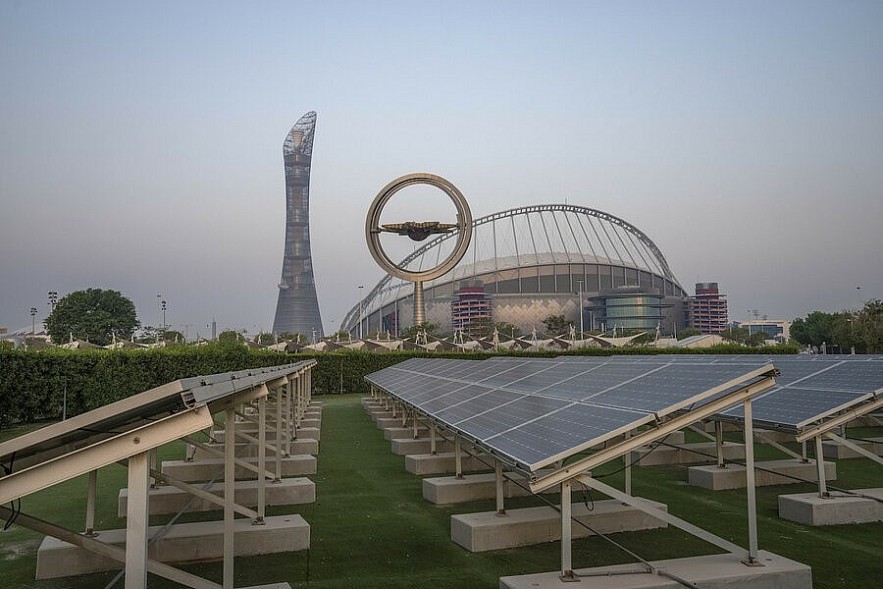 |
Female officials make history
For the first time, female referees will officiate matches in a men’s World Cup. Yamashita Yoshimi, Salima Mukansanga, and Stephanie Frappart are among the 36 officials selected for the tournament. This is a significant step forward in promoting gender equality in the sport. Frappart, known for officiating a men’s Champions League match in 2020, is a prominent figure in this historic milestone.
 |
| Image source: CNN |
The specific matches officiated by the female referees are yet to be determined, and they will be enforcing new rules that allow up to five substitutes per team and a squad size of 26 players instead of the usual 23.




